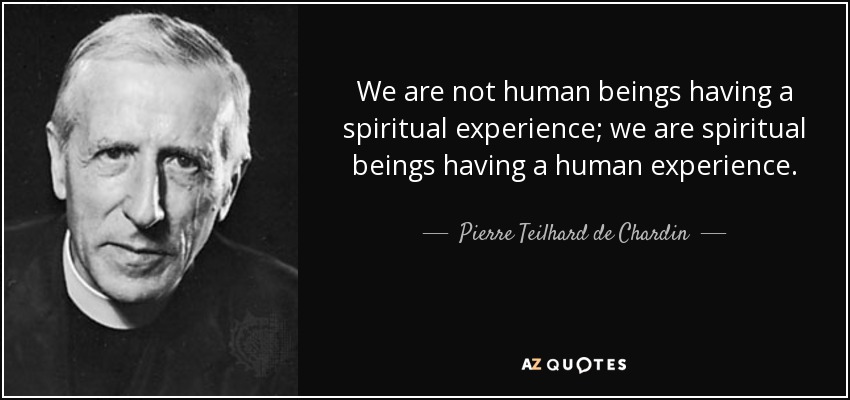

For instance, anthropologist Raymond Dart, who discovered the first australopithecine fossil in 1924, wasn’t shy about concluding that these early hominids were “Confirmed killers: carnivorous creatures that seized living quarries by violence, battered them to death, tore apart their broken bodies, dismembered them limb from limb, slaking their ravenous thirst with the hot blood of the victims and greedily devouring living writhing flesh.” In his widely read book, African Genesis (1961), playwright Robert Ardrey picked up Dart’s pointed perspective when he announced that “We are Cain’s children… Man is a predator whose natural instinct is to kill with a weapon. Nothing new here, except that the claims are somewhat less lurid than those of the recent past. At about the same time, a piece in New Scientist asserted that warfare has “played an integral part in our evolution,” and a research report in the journal Science claimed that “death in warfare is so common in hunter-gatherer societies that it was an important evolutionary pressure on early Homo sapiens.” Last year, for example, an article in The National Interest entitled ‘What Our Primate Relatives Say About War’ answered the question ‘Why war?’ with ‘Because we are human’. This makes it especially regrettable that a substantial current of recent academic writing – much of it given the apparent imprimatur of evolutionary science – has suggested that Homo sapiens is inherently violent and warlike. I believe that we should extend this dictum to say that claims with potentially destructive social consequences also require extraordinary evidence. The late Carl Sagan famously pointed out that extraordinary claims require extraordinary evidence.

And here, the ‘war is in our genes’ perspective is not only scientifically invalid but ethically suspect. Nonetheless, a purportedly scientific view of anything – humanity’s presumed instinct for warfare included – must stand or fall not on its social and political consequences but on its scientific credentials.

The danger, in short, of assuming that Homo sapiens has a natural instinct for war is that it can become a highly destructive self-fulfilling prophecy, not only closing off possible avenues of peaceful conflict resolution, but actually making war more likely. Each side points to the other as justifying its own bellicosity, at the same time confirming their often unspoken assumption that war is both natural and inevitable. Observing A’s actions, and equally convinced that A is inhabited by people with an irrevocable proclivity for war, the leaders of B do the same. As a result, A refuses to engage in serious negotiations, preferring to arm itself. Consider for instance militarists in country A, who are convinced that inhabitants of country B are caught in the grip of an unshakeable instinct-driven warproneness. But concerning such matters the connection between expectation and reality becomes complex, because of the risk that theories of human nature feed directly into people being liable to modify their behavior (although not their ‘nature’) as a result. Strictly speaking, the same applies to theories of human nature too: peoples’ instincts, including the ostensible ‘instinct’ for violence, will remain whatever they are regardless of what we think about them. Similarly for gravity before and after Newton, space-time before and after Einstein, and so forth. Before Copernicus, Galileo and Kepler, although many serious thinkers believed the Ptolemaic model of a geocentric universe, their error did not alter the astrodynamics of the solar system, which was then and has continued to be heliocentric, regardless of what theories people have had about it. Man remains what he has always been.” This is certainly true with respect to our knowledge of the physical world. Skinner wrote that “no theory changes what it is a theory about. In his book Beyond Freedom and Dignity (1971), psychologist B. If we are, and if violence and war are therefore inevitable, then efforts toward peace would appear futile, and we should all resign ourselves to a Hobbesian “warre of every man against every man” ( Leviathan, 1651) along with the martial necessities this implies, including swollen military budgets, diminished resources for domestic policies, a presumption of international enmity, and so forth. In my opinion, amongst the most important ideas are those surrounding questions of ‘human nature’, especially the questions whether human beings are innately violent or naturally predisposed to war. It is also unarguably true that not all ideas are equally consequential.

Few people – and probably no philosophers – would disagree with this. SUBSCRIBE NOW War & Peace Are Human Beings Naturally Violent And Warlike? David P.


 0 kommentar(er)
0 kommentar(er)
